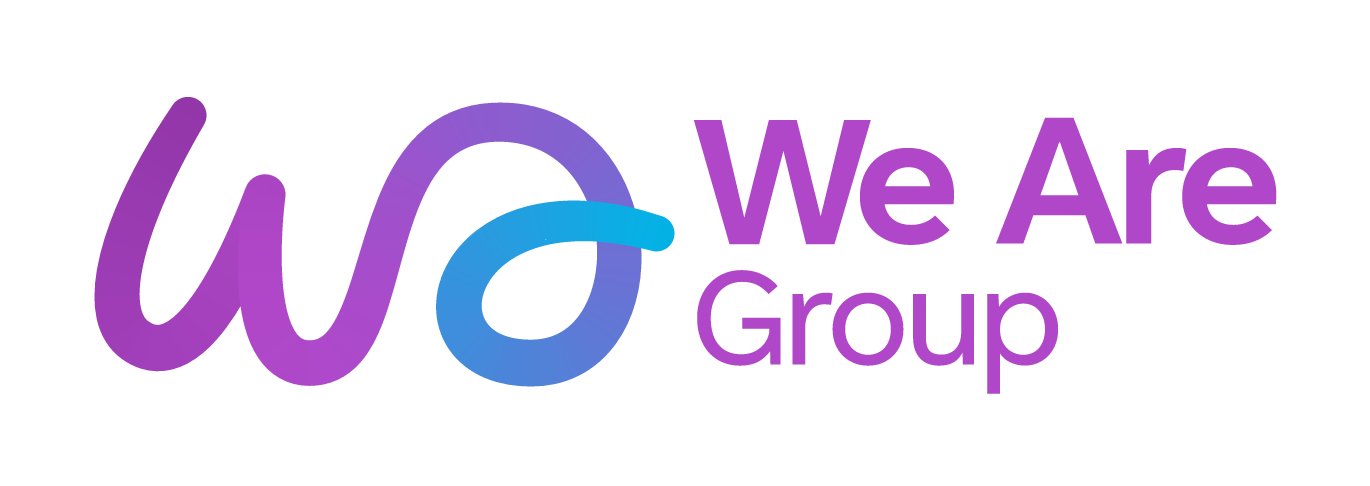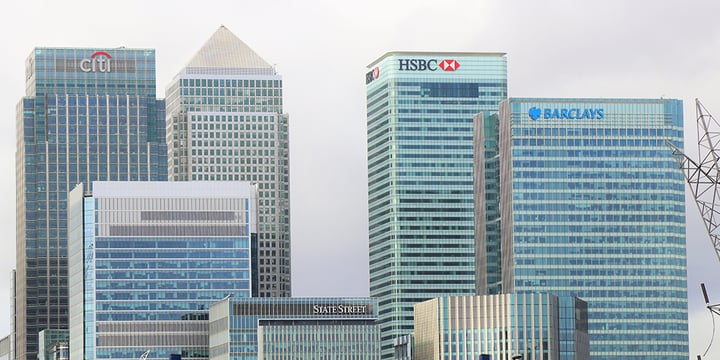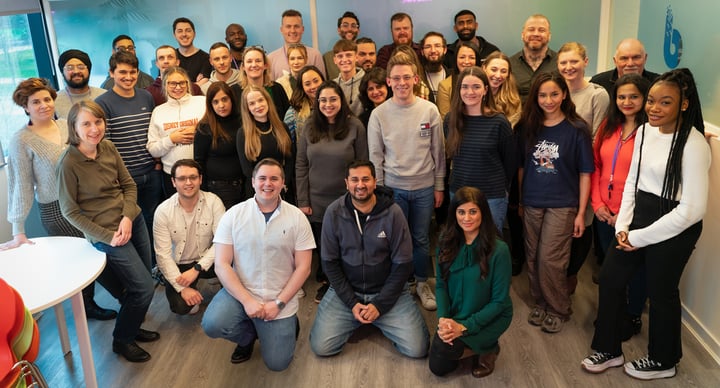Sitting on the floor, surrounded by bridal magazines, Emily looks the picture of happiness. This wedding planner loves her new career. But contentment has not always been easy for Emily.
Her autistic son sadly died a couple of years ago. Almost at the same time, she lost several other family members. It seemed like the bad news and accompanying agony just wouldn’t stop. “I really needed some support,” says Emily, gazing down at the magazines that surround us. “I felt like I had lost control of things. It was hard to get motivated or to cope with day-to-day life.”Emily’s story is one that is not told often enough. She is in the often-silent minority of UK society who are desperately in need of support that is hard to access. Emily was one of the lucky ones. Through the charitable support organisation P3, Emily began to rebuild her life. Starting with basic psychological support, she worked with her case worker (and now friend), Helen Knight, to become whole again.
Rebuilding her financial life was one of Emily’s biggest challenges. Devastated by the deaths of her son and other family members, she had little interest in negotiating bills or keeping up to date with payments. She struggled with not being able to access the internet, something that is experienced by one in ten people who currently live in the UK.
Emily was lucky enough to come across Earn It, Don’t Burn It – a financial inclusion support programme that is run by training provider, We Are Digital, and funded by Orbit Housing. On Helen’s recommendation, over a ten-week period, Emily regularly attended support sessions. The programme got Emily online and introduced her to money saving apps, online banking and comparison websites.
“When Helen first told me about the Earn It, Don’t Burn It course I felt the need to get back in control of my money. Up until then, I had been afraid to move forward as I’ve been through so much. My new confidence helped me be brave enough to plan my future. I was feeling in limbo and certainly wouldn’t have been able to afford a course like this. It has been really life-changing and I’m now feeling very positive about the future.”
“I’ve been shown how to maximise money saving opportunities with my bills and have put this into good effect already. When I was recently on the phone to my energy supplier, I put the call on loud speaker and used what I had learnt from the “Negotiating Your Bills Down” course to get a better deal. I have also started to organise all my bills in a folder so that I can instantly access my paperwork.”
This new confidence has also meant that Emily has been able to apply for Orbit Housing’s “Brian Griffiths Award,” meaning that she was able to register for a wedding planner course. “I was delighted to be told that I’d been accepted into the course! I’m starting to properly shape my future.”
Emily continues to go from strength to strength. She is still in contact with Helen and they are working together to plan next steps both for Emily’s financial and digital progress. She is also looking at new inspiration for her hobby, upcycling furniture.
“When times were very bad I used to go to get furniture from the local tip that people were going to get rid of. I’d bring it home, repair it and paint it. Having access to the internet has been lovely as it has given me a lot of ideas and help with restoring it.”
Emily’s story is a perfect example of the Poverty Premium, the phenomenon of having to pay more if you are poor; for essential services like credit, utility bills, insurance and food. Internet inaccessibility often means that people like Emily pay an extra 5% for basic goods and services compared to those that can use digital services.
Unfortunately, there are still people like Emily who aren’t getting the help they need to change their lives. Matthew Adam from We Are Digital, explains the difference that access to a digitally-minded financial capability programme can have on their quality of life.
“Internet access has now been declared a basic human right. There’s so much that those with high levels of digital literacy take for granted, such as the ability to check how much money we have in the bank or how to get the best deals online. We can search for information about how much essential goods and services cost, guaranteeing that we get the best price. We can get in touch with family and friends instantly.
“Increasingly, businesses are being forced to reduce operating costs and so more tasks are being moved online. Banking and insurance call centre closures are happening everywhere. Often products associated with “money” are digital in nature (online, an app, etc) and that is fine if you know how to use them and have access to them. For over 10 million people in the UK, that is not their reality.”
“Our research has found that many people like Emily struggle to receive support for financial capability due to lack of engagement. These subjects are tricky for people that have a lot of stress in their busy lives – and it’s not easy to get help with your money, especially if times are hard. With the support of Orbit Housing and their Better Days programme, we are trialling whether a more exciting and aspirational premise of helping residents to EARN more money, will help to get them involved. After that we can support them with budgeting and saving and other key topics.”
Currently, programmes like Earn It, Don’t Burn It are available around the UK in all seven of Orbit’s housing regions. If you know someone like Emily who would benefit from access to this free face-to-face local support, please email info@we-are-digital.co.uk or call 03333 444019 to find out more.
*To protect the privacy of the person in the story we have used a false name.



